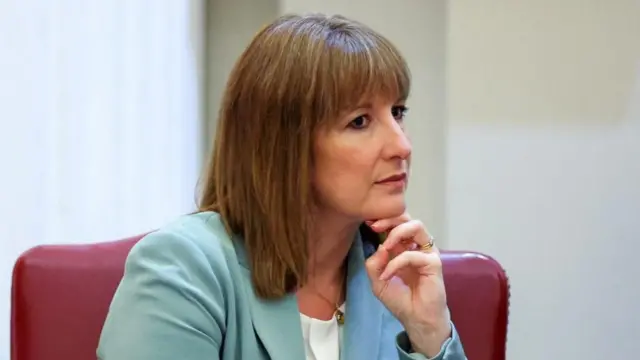What is motor finance?published at 16:14 British Summer Time 1 August
The vast majority of new cars, and many second-hand ones, are bought with finance agreements.
About two million are sold this way each year, with customers paying an initial deposit, then a monthly fee with interest for the vehicle.
The car loan scandal payouts row being addressed in our coverage today comes after the City regulator, the Financial Conduct Authority (FCA) banned deals in which the dealer received a commission from the lender, based on the interest rate charged to the customer. These were known as discretionary commission arrangements (DCAs).
The FCA said this provided an incentive for a buyer to be charged a higher-than-necessary interest rate, leaving them paying too much.
Since January, it has been considering whether compensation should be paid to people with these deals before 2021.
Currently, any claims on this issue made to the ombudsman, which has 80,000 open cases, or the courts are effectively on hold.





